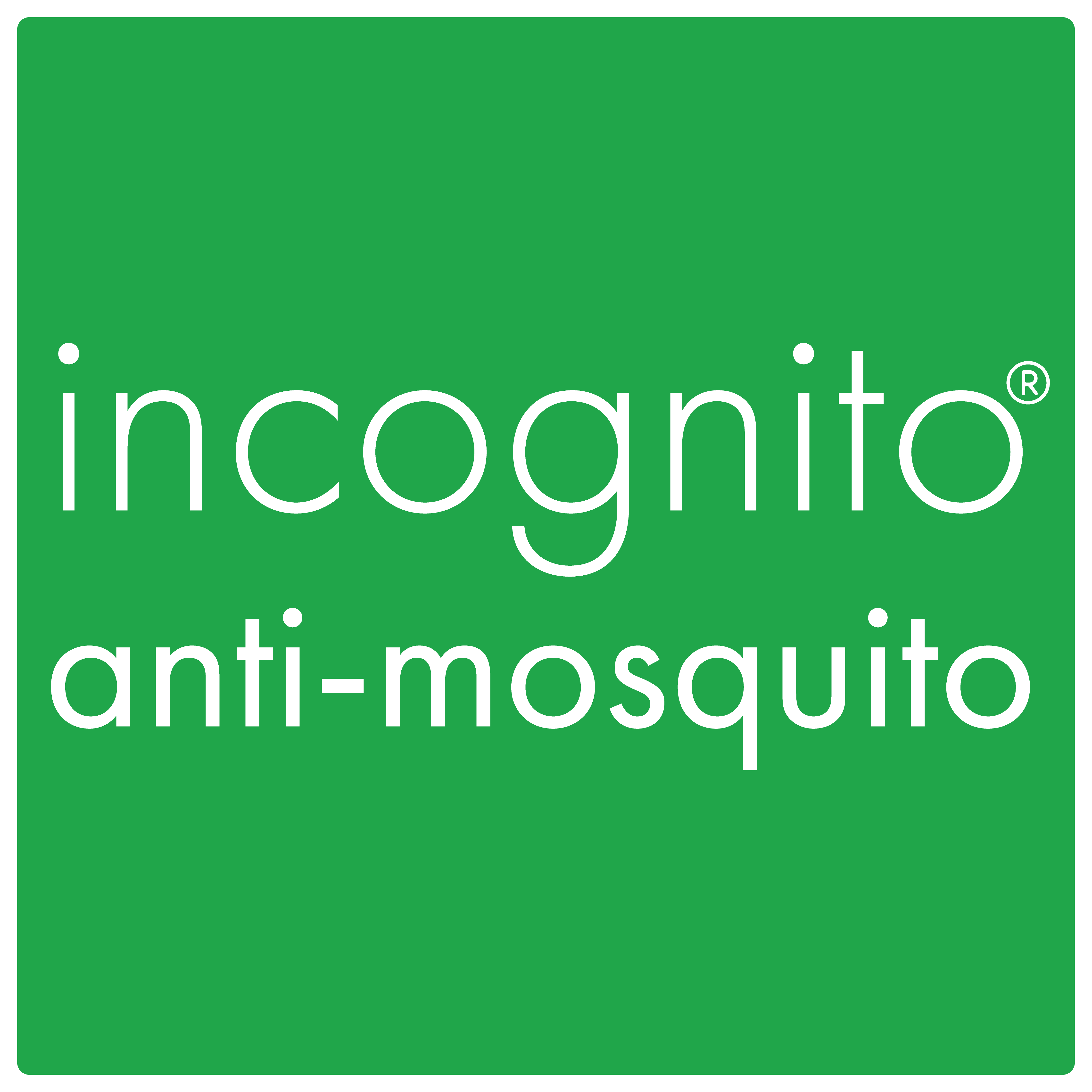Mosquitoes might be small, but they play a significant role in ecosystems—and in our lives, as we often battle to keep them at bay! Understanding the mosquito lifecycle is essential for knowing how to protect yourself from bites. Let’s break it down in a simple and engaging way.
The Mosquito Life Cycle Stages
The mosquito’s life cycle has four distinct stages: egg, larva, pupa, and adult. The entire process can take as little as a week, depending on environmental conditions like temperature and moisture levels.
- Egg Stage
Female mosquitoes lay their eggs on or near water, as moisture is essential for their development. Stagnant water like ponds, puddles, or even something as small as a birdbath can serve as a breeding ground. Some species lay eggs in clusters (rafts), while others scatter them individually.
- Fun Fact: Certain mosquito species can lay hundreds of eggs in one go!
- Larva Stage (Wriggler)
When the eggs hatch, they become larvae, commonly referred to as "wrigglers" due to their wriggling motion in the water. Larvae spend their time at the water’s surface, feeding on microorganisms like algae. They breathe through a tube called a siphon, which allows them to stay submerged while still getting oxygen from the surface.
- Duration: This stage lasts around 7-10 days, depending on water temperature and food availability.
- Pupa Stage (Tumbler)
Once the larvae have grown, they enter the pupal stage. Pupae, also known as "tumblers," do not feed but remain active, responding to light and other stimuli. During this stage, the mosquito is preparing for its final transformation into an adult.
- Duration: This stage is usually brief, lasting 1-4 days.
- Adult Stage
After the pupal stage, the adult mosquito emerges. Once its wings dry, it’s ready to take flight and begin feeding. Only female mosquitoes bite and feed on blood, as they need the protein to develop their eggs. Male mosquitoes, on the other hand, feed on nectar and other plant-based substances.
- Fun Fact: Some mosquito species can travel several miles to find a host for their next blood meal!
Understanding the mosquito lifecycle helps in preventing them from multiplying. Eliminating stagnant water around your home can disrupt the cycle, reducing the number of mosquitoes.
At incognito, we provide natural, DEET-free products to protect you from mosquito bites, ensuring you can enjoy outdoor activities without the worry of these pests.





Comments (0)
There are no comments for this article. Be the first one to leave a message!